|
Effective feedback is essential for pupils to make progress, but in many schools written feedback has become disproportionately valued and unnecessarily burdensome. The emphasis needs to be on the impact of feedback instead of how the feedback has been provided. This is not to say that all marking should be eliminated, but it should be proportionate, and the quantity of feedback should not be confused with the quality and impact it has on student learning. I have been on a journey in my current school to review and redirect our Feedback Policy which has led to us creating a guide for teachers. I thought I would share this guide with you.
10 Comments
Questioning is one of the foundations of learning. A good question can be the most powerful tool a teacher has for extending and deepening knowledge. If a child is asked a great question, new viewpoints, ideas and understanding can be developed. A good question can enthuse, stir, and provoke children which can eventually lead to a newly gained skill, deeper understanding or a new viewpoint.
Note the word feedback - not marking! Teachers have always shared that marking is one of the areas that impacts most on their wellbeing and takes up most time. Additionally, written feedback does not always support young and international learners. The current COVID climate of limiting the use of paper has presented teachers with a fantastic opportunity to adapt the way they work. They have been able to move away from marking and focus purely on feedback. There has been a bunch of publications discussing feedback and sharing more effective methods. By developing a flexible feedback approach, based upon research, you can create a process that is far more effective and saves teachers valuable time!
Bligh (1998) identified that students in class are most likely to remember the content at the very beginning and at the very end of a lesson. However, due to packed timetables, and back to back lessons, teachers can find themselves rushing to finish lessons leading to low impact endings to lessons. If used well, end of lesson activities, alternatively known as 'exit tickets', can be a great way of cementing specific knowledge in students' minds. Here are five tips on how to end lessons with purpose and impact.
Teacher input can be really effective in setting the pace of the learning and guiding student's thinking when introducing them to new concepts, ideas and skills. However, if they lack focus or last too long, they can disengage children and have the opposite effect. They can allow teachers to fall into the trap of talking for too long and not engaging the students. So what does make great teacher input and how can you plan to ensure it has an impact every single time?
As the lockdown lightens, one thing that has stood out is how 'everyday people' are demonstrating their creativity in small but powerful ways. Whether it be figuring out how to deliver free school meals during social distancing; using a 3D printer to create much needed medical equipment for the NHS or recording a lockdown themed family parody of 'One Day More' on Youtube (if you haven't seen this yet, it is a must!).
Unfortunately, it is regularly documented that our current school systems do not support the development of creativity and that, due to curriculum constraints, very little time is dedicated to creative development. How is it that, in an institution designed and funded to nurture the future generation, we are struggling to develop creativity, while at the same time, trapped in a terraced house for months, creativity has thrived. What can we take away from this 'everyday creativity' and how can we harness this back in school? A few months ago, I wrote a blog on how to grow a growth mindset organically in the classroom. A growth mindset is not something complex and difficult. It is the simple belief that you can achieve if you continue to approach learning positively. But having a growth mindset is a bit like being told to be happy all the time. It is impossible! You with have low points and sometimes you will find yourself with a fixed mindset. In fact, Gemma Sanchez, who delivers growth mindset lessons to Primary aged children suggests children should get friendly with their mindset.
The Antecedent-Behaviour-Consequence (ABC) Model is a tool that can help teachers examine behaviours. It breaks down the examination into the triggers behind those behaviours, and the impact of those behaviours. If a child wants attention (antecedent), they may shout out in class (behaviour). This results in them being spoken to about not shouting out (consequence). Without realising, the teacher has provided the child with their desire for attention. However, by understanding and identifying the antecedent or trigger, you can indirectly encourage positive behaviour. Sometimes, it is the small things we do and say, the antecedents, that can make all the difference!
Incase you missed it, we shared 25 top teaching tips for advent via our Social Media accounts. For your ease we have listed all of them below in one festive blog for you to refer back to any time you like. You are more than welcome! As always, please do get in touch with any pictures, videos or comments on how you used these tips in your classroom. We love hearing from you! We hope you had a very Merry Christmas and a Happy New Year!
Think about the following statements: You can learn new things but you can't really change your overall intelligence. Your intelligence is just like your foot size or eye colour, you can't really change it too much. If you tend to agree with these, then you probably lean towards having a closed mindset. A belief that your intelligence is determined by genetics and you are born with a certain capacity of information. Having an open mindset, on the other hand, is the belief that this is simply not true. It is the belief that just like your muscles, you can train, refine and grow your brain and increase its capacity for information and skill acquisition.
Growth mindset has been another buzzword floating around for the past 10 years in education, but what does it actually mean and how do you develop a growth mindset in your classroom? It sounds complicated but actually you can grow children's mindset organically and subtly, by making a few small tweaks. |
SearchWith a keen interest in the neuroscience and psychology of learning, WAGOLL Teaching is about sharing research alongside great, simple teaching ideas to a global teaching community.
Ben has been in education for over 10 years and is passionate about simplifying high quality teaching and learning through innovative and practical approaches in the classroom. sUBSCRIBE |
|
Who are we? |
With a keen interest in the neuroscience and psychology of learning, WAGOLL Teaching is about sharing research alongside great, simple teaching ideas to a global teaching community.
|
All copyright reserved ©.
I would like to remind all visitors to this website that all pages on this site are copyright protected, unless stated. Most importantly, this site is for the use and enjoyment of all children, parents, guardians, carers and teachers who are involved in WAGOLL Teaching. Please use the resources/ideas as you need without replicating them for your own gains.
I would like to remind all visitors to this website that all pages on this site are copyright protected, unless stated. Most importantly, this site is for the use and enjoyment of all children, parents, guardians, carers and teachers who are involved in WAGOLL Teaching. Please use the resources/ideas as you need without replicating them for your own gains.


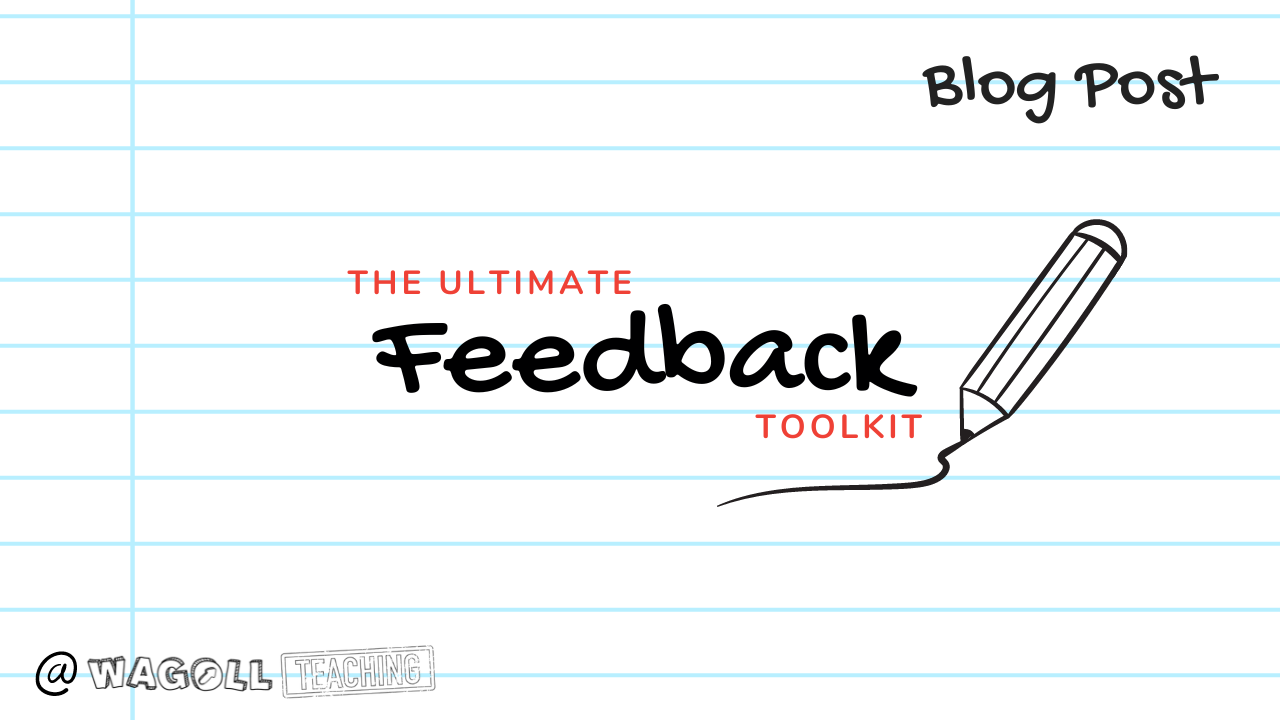
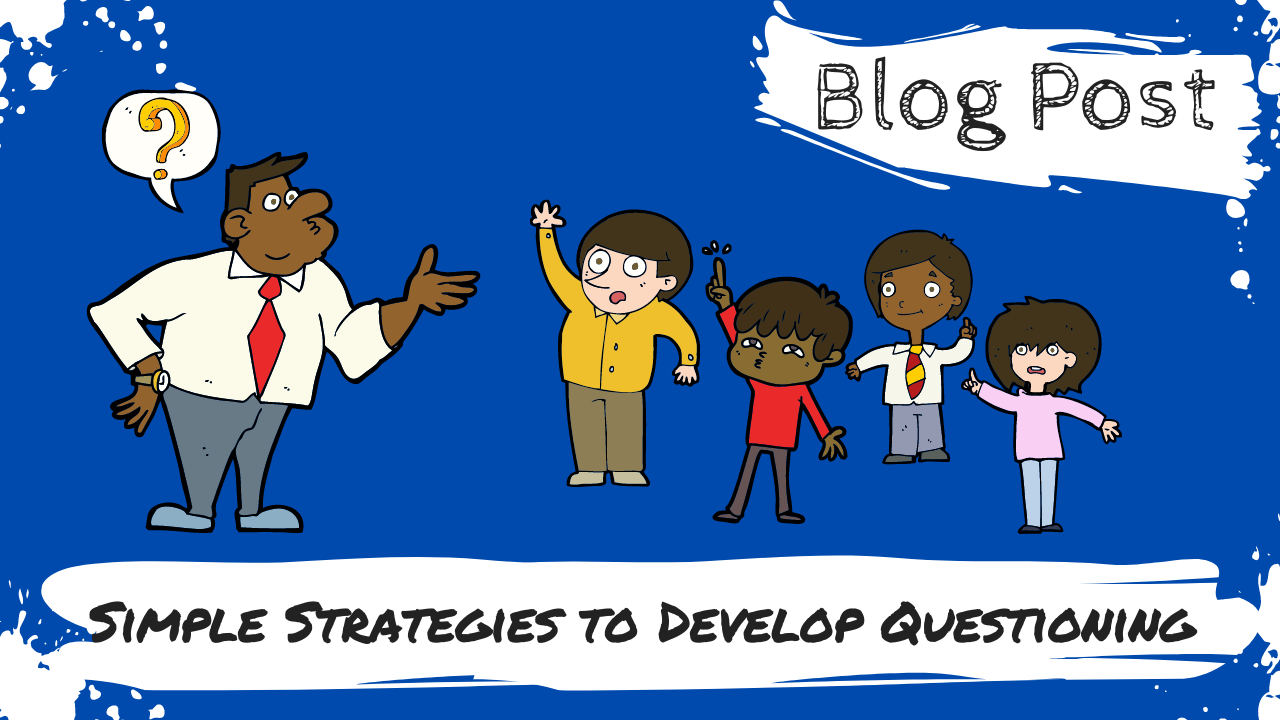
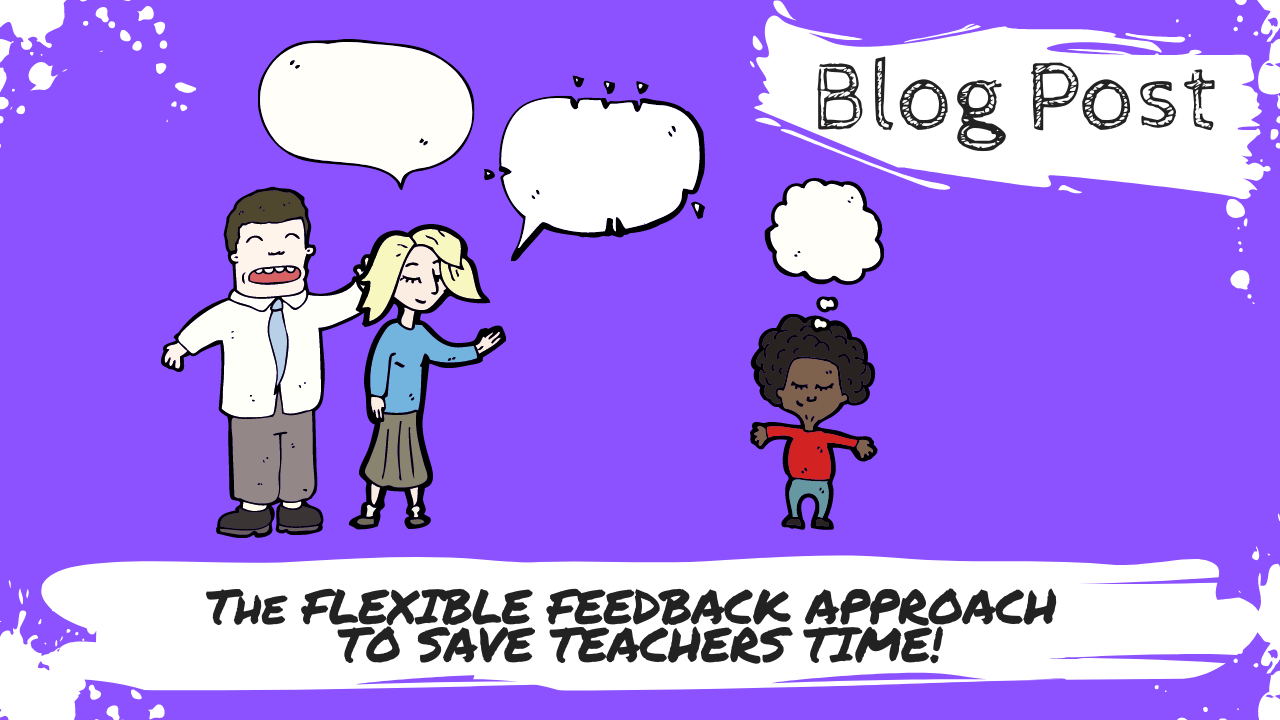
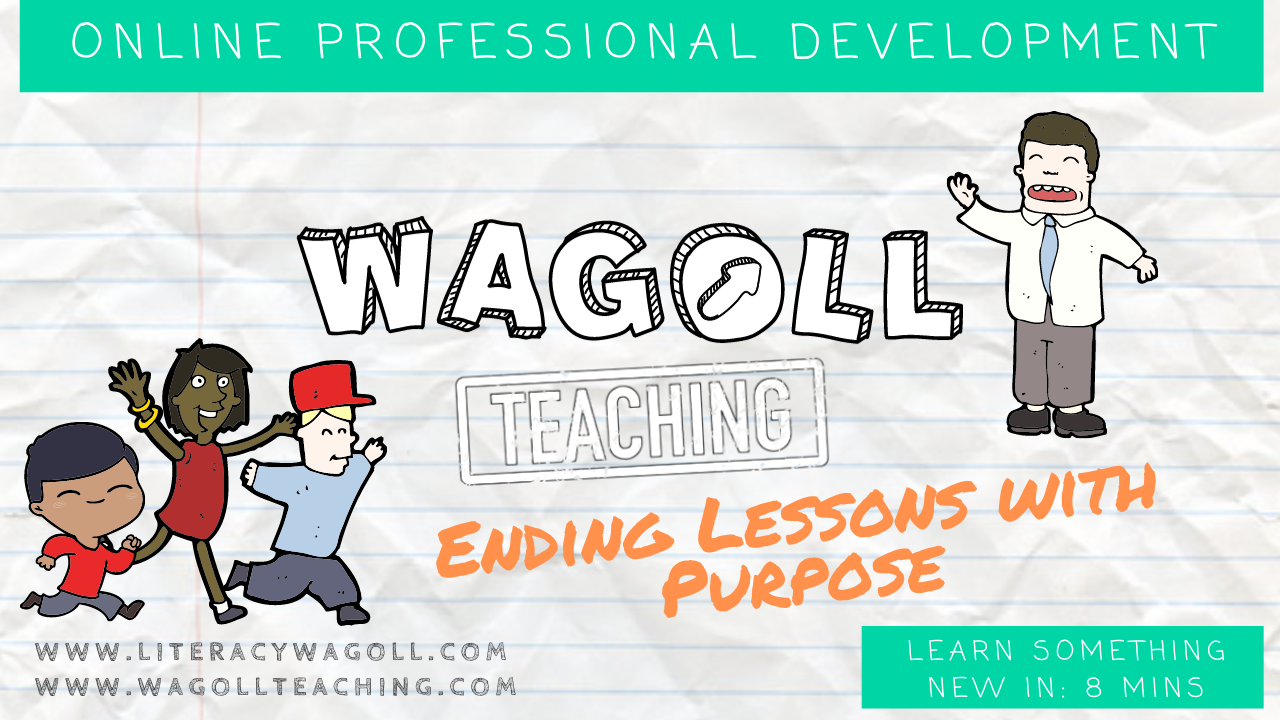
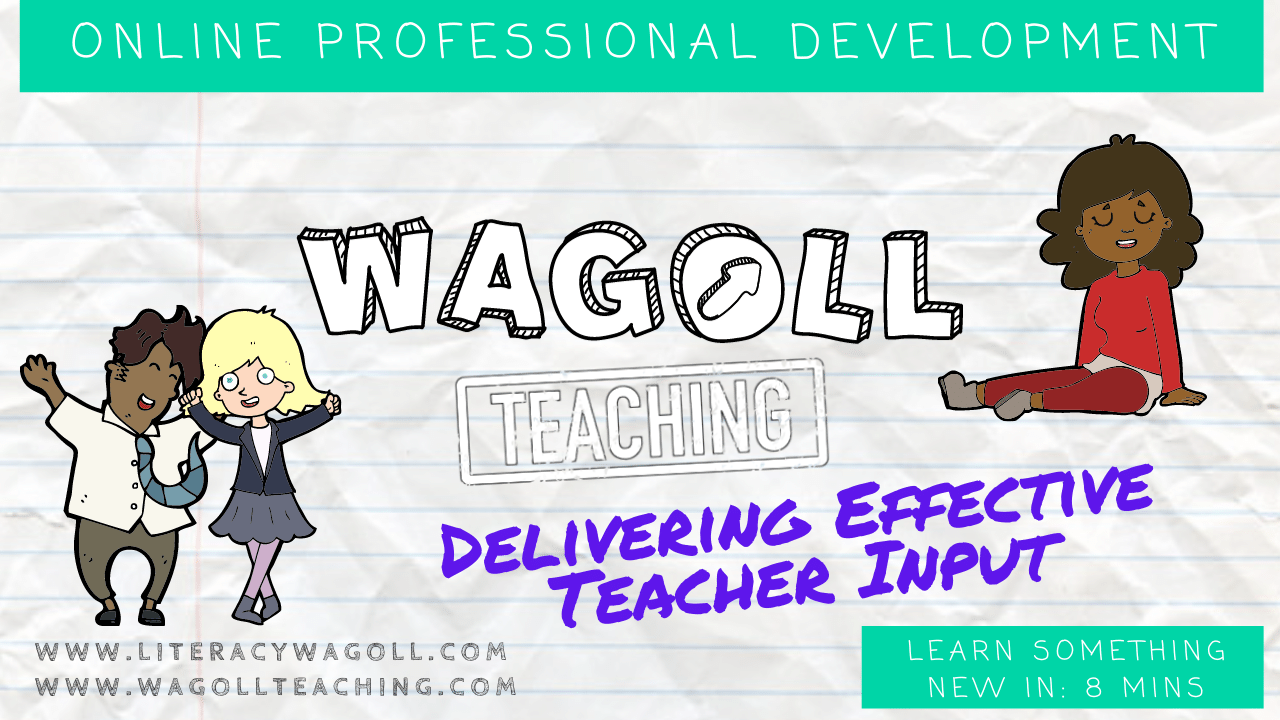
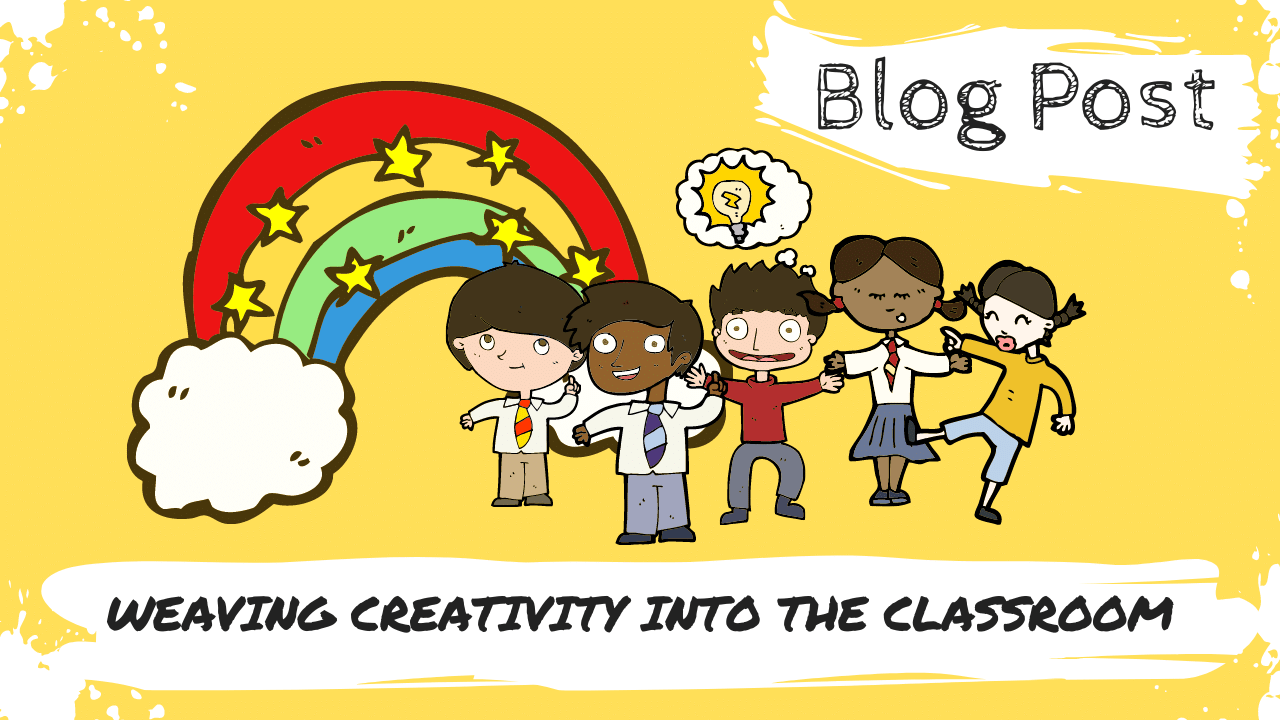
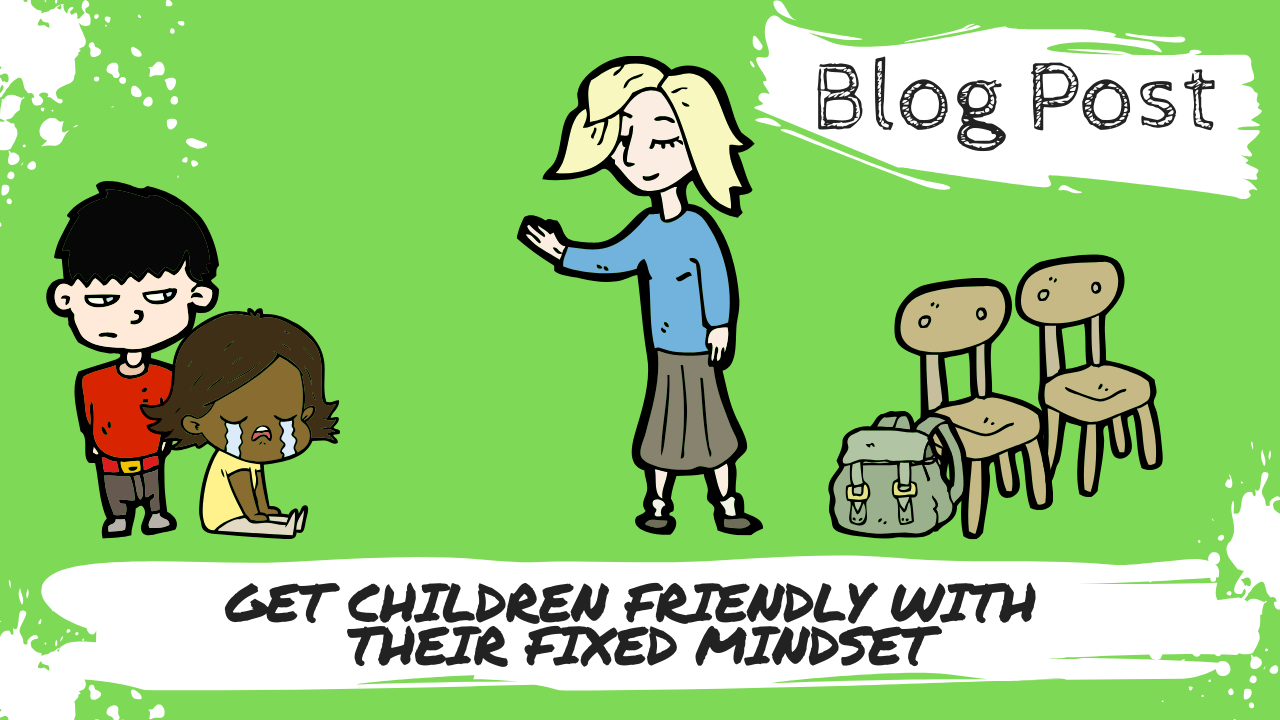
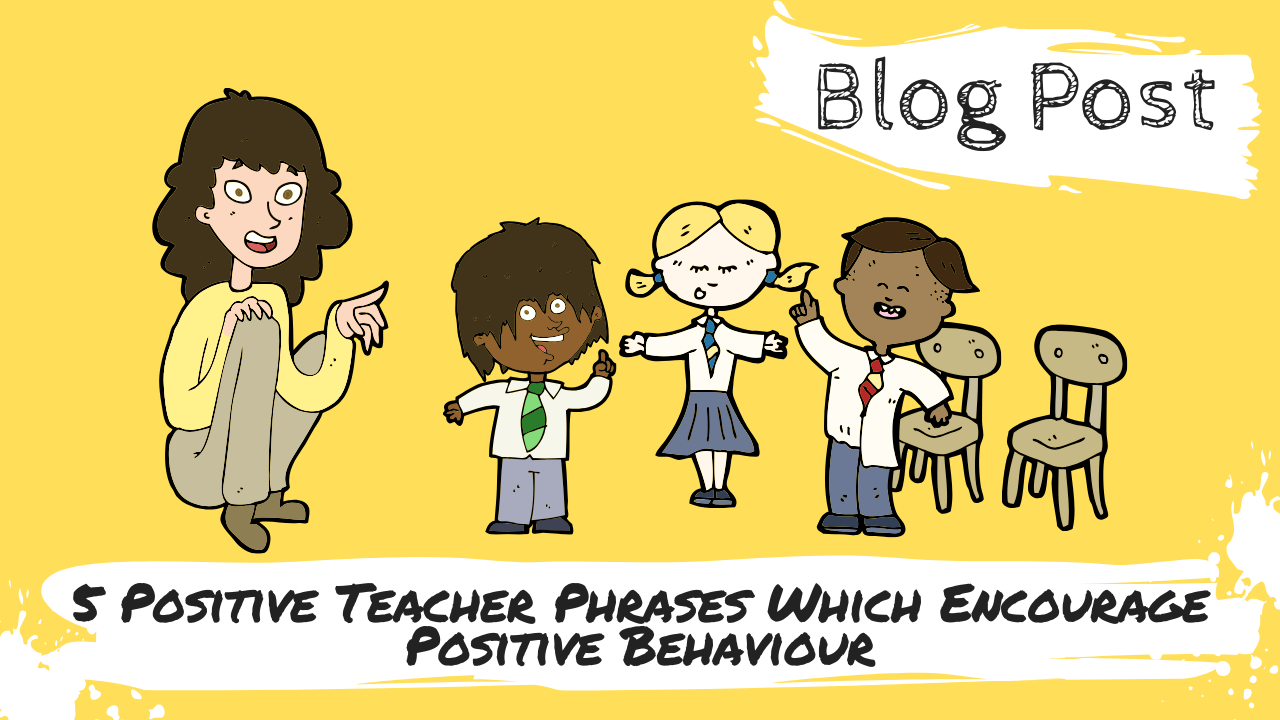

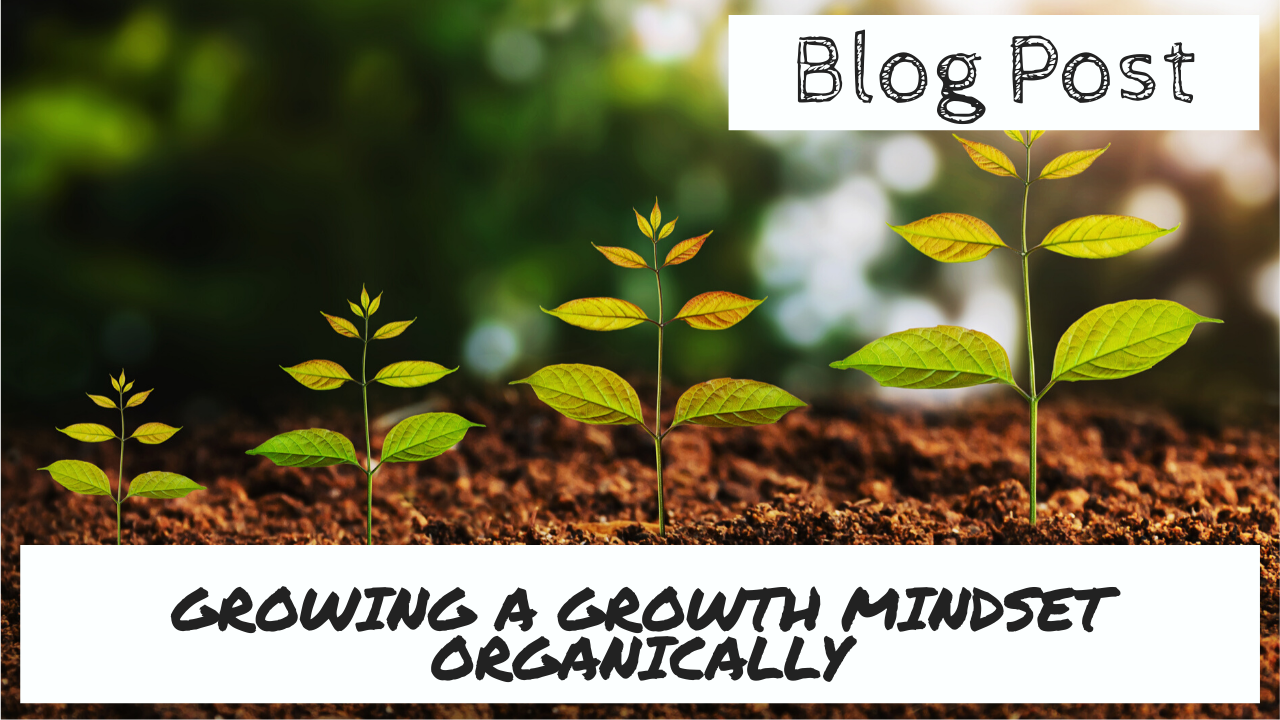





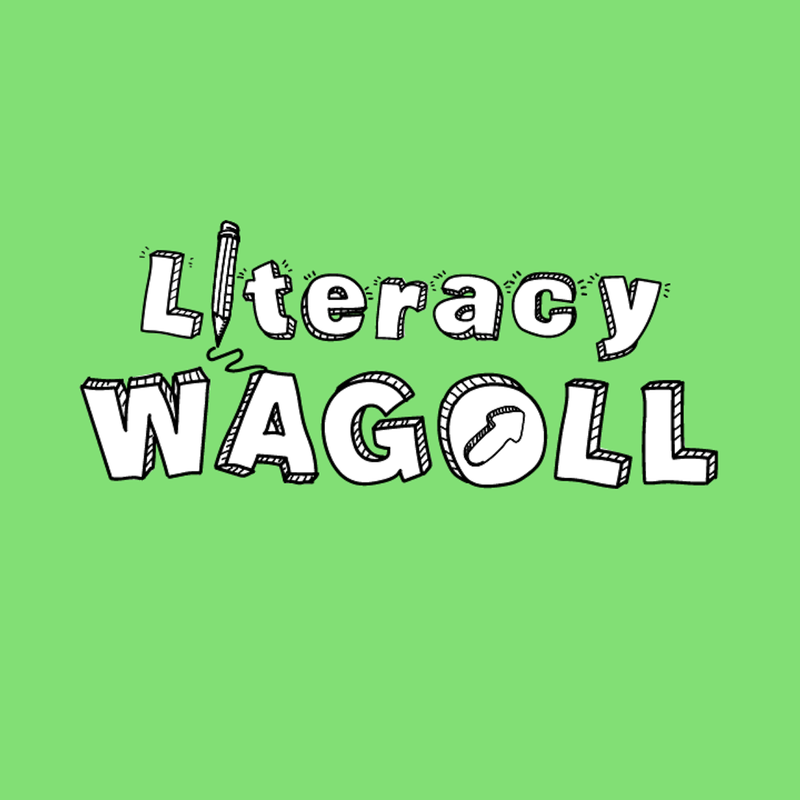
 RSS Feed
RSS Feed


